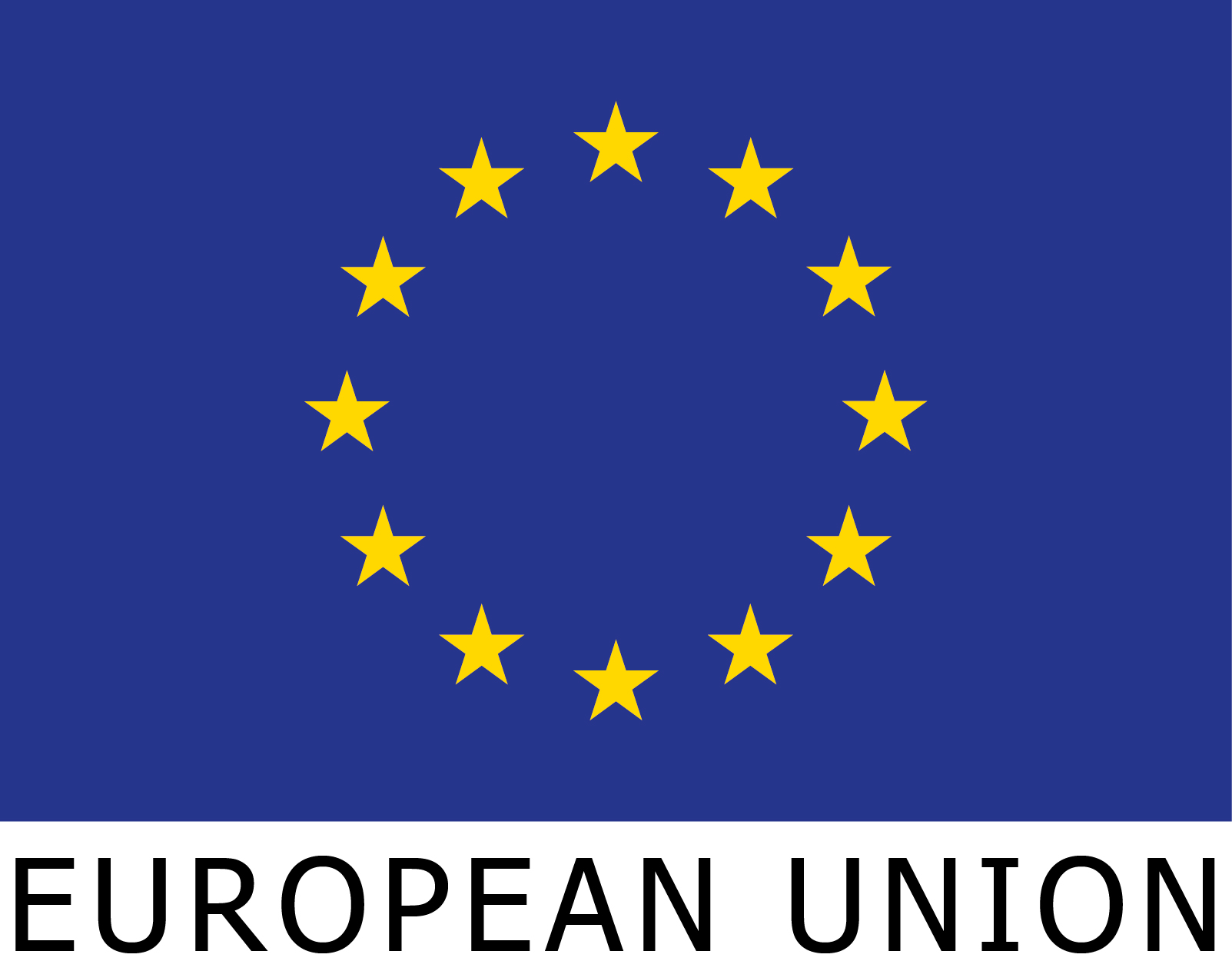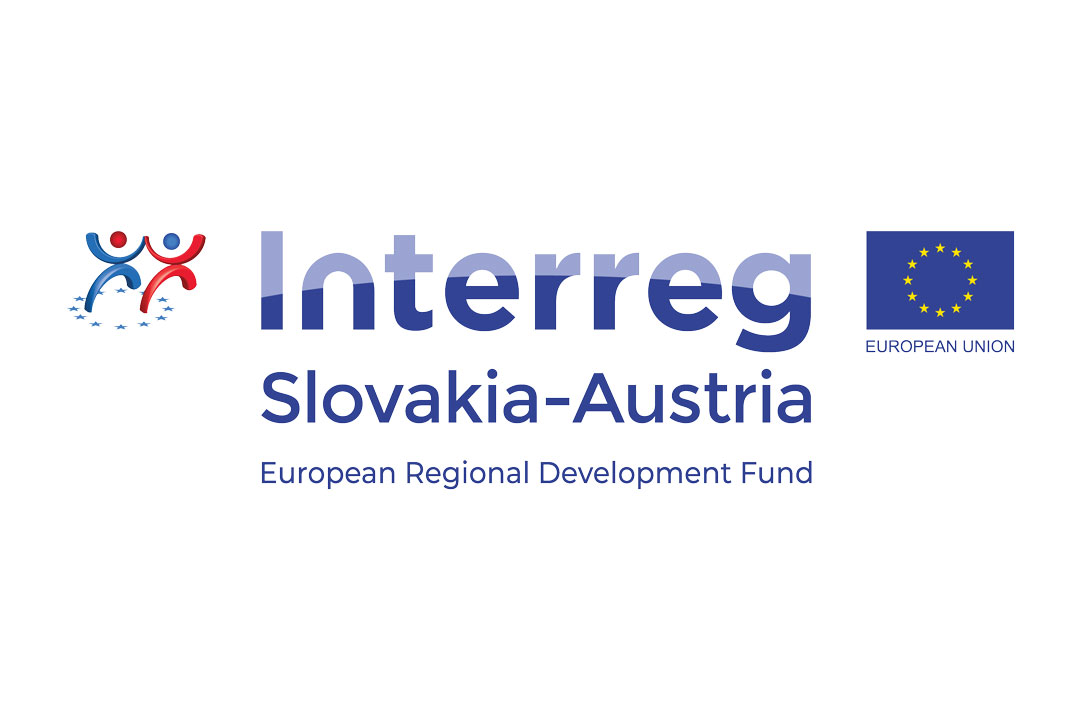ADMISSION€ 15 / € 12 reduced / Free Admission for children and teens under 19 / MorePresentation of the MAK LAB APP followed by a panel discussion on the question: What must digital education be able to achieve today? An event in the discussion series EDUCATING CHANGE within the framework of the MAK FUTURE LAB Presentation of the MAK LAB APP The brand-new MAK LAB APP, a project in cooperation with the Federal Ministry of Education, Science and Research, mediates crucial issues for shaping the future in this era of Digital Modernity and climate change. Attractively designed with a playful approach to the subject, it complements the parcours of the MAK DESIGN LAB, which was newly set up in 2019, and since the beginning of the year can be accessed on all smartphones at lab.mak.at.The DIGITAL LIFE LITERACY area of the app mediates essential concepts for shaping the future of Digital Modernity and climate change. Under DESIGN LAB PATHS, users can take special tours on their own, on topics such as society, digitalization, and climate change. GAMES FOR CHANGE allows schoolchildren and young adults to playfully access the MAK DESIGN LAB’s topics.One of the MAK’s aims in preparing the MAK LAB APP was to provide incentives to extend and intensify contact and cooperation with such educational institutions as high schools, middle schools, and vocational high schools. This invitation to get involved in research and interaction is intended not only to provide orientation but also to stimulate participation and both active and discursive engagement with such urgent topics as digitalization, climate change, and shaping our society’s future. Panel DiscussionThe presentation of the MAK LAB APP is also the kick-off for the discussion series EDUCATING CHANGE within the framework of the MAK FUTURE LAB. The panel for this kick-off will address the question: What must digital education be able to achieve today? Panel members:Michael Fleischhacker, Teacher, Kinzerplatz Middle SchoolMathias Kutschera, Educator, Robo WunderkindMartina Mara, Institute for Robot Psychology, Johannes Kepler University LinzGeorg Spiel, Specialist for Child and Adolescent Psychiatry and Neurology Moderator: Janina Falkner, New Concepts for Learning, MAKThe panel discussion will take place in German.MAK FORUMNew digital tools and innovations offer us a wide range of opportunities to develop our human skills, but they also bring with them the risk of increasingly forgetting these skills. Digital learning also has to include understanding the digital tools that we use on a daily basis. But does the question as to how to shape our daily lives in an increasingly digital world depend solely on our knowing all about digitalization? How can we lose, preserve, or even augment our intellectual wealth, our imaginative faculties, and our capacity for empathy? Do not our cell phones and other such devices merely take up our time and prevent us from really experiencing the world? Does digital education mean learning to program, or does it involve learning to reduce digital media to their bare essentials? What can we teach our children about the right to privacy, or will they have to teach us? What should—what can—education entail for the digitally well-educated and for digitally competent educators?The discussion series LEARNING CHANGE is financially supported by the EU program INTERREG V-A Slovakia–Austria (Project “Design & Innovation”).    
Presentation of the MAK LAB APP followed by a panel discussion on the question: What must digital education be able to achieve today?
An event in the discussion series EDUCATING CHANGE within the framework of the MAK FUTURE LAB
Presentation of the MAK LAB APP
The brand-new MAK LAB APP, a project in cooperation with the Federal Ministry of Education, Science and Research, mediates crucial issues for shaping the future in this era of Digital Modernity and climate change. Attractively designed with a playful approach to the subject, it complements the parcours of the MAK DESIGN LAB, which was newly set up in 2019, and since the beginning of the year can be accessed on all smartphones at lab.mak.at.
The DIGITAL LIFE LITERACY area of the app mediates essential concepts for shaping the future of Digital Modernity and climate change. Under DESIGN LAB PATHS, users can take special tours on their own, on topics such as society, digitalization, and climate change. GAMES FOR CHANGE allows schoolchildren and young adults to playfully access the MAK DESIGN LAB’s topics.
One of the MAK’s aims in preparing the MAK LAB APP was to provide incentives to extend and intensify contact and cooperation with such educational institutions as high schools, middle schools, and vocational high schools. This invitation to get involved in research and interaction is intended not only to provide orientation but also to stimulate participation and both active and discursive engagement with such urgent topics as digitalization, climate change, and shaping our society’s future.
Panel Discussion
The presentation of the MAK LAB APP is also the kick-off for the discussion series EDUCATING CHANGE within the framework of the MAK FUTURE LAB. The panel for this kick-off will address the question: What must digital education be able to achieve today?
Panel members:
Michael Fleischhacker, Teacher, Kinzerplatz Middle School
Mathias Kutschera, Educator, Robo Wunderkind
Martina Mara, Institute for Robot Psychology, Johannes Kepler University Linz
Georg Spiel, Specialist for Child and Adolescent Psychiatry and Neurology
Moderator: Janina Falkner, New Concepts for Learning, MAK
The panel discussion will take place in German.
MAK FORUM
New digital tools and innovations offer us a wide range of opportunities to develop our human skills, but they also bring with them the risk of increasingly forgetting these skills. Digital learning also has to include understanding the digital tools that we use on a daily basis. But does the question as to how to shape our daily lives in an increasingly digital world depend solely on our knowing all about digitalization? How can we lose, preserve, or even augment our intellectual wealth, our imaginative faculties, and our capacity for empathy? Do not our cell phones and other such devices merely take up our time and prevent us from really experiencing the world? Does digital education mean learning to program, or does it involve learning to reduce digital media to their bare essentials? What can we teach our children about the right to privacy, or will they have to teach us? What should—what can—education entail for the digitally well-educated and for digitally competent educators?

The discussion series LEARNING CHANGE is financially supported by the EU program INTERREG V-A Slovakia–Austria (Project “Design & Innovation”).


An event in the discussion series EDUCATING CHANGE within the framework of the MAK FUTURE LAB
Presentation of the MAK LAB APP
The brand-new MAK LAB APP, a project in cooperation with the Federal Ministry of Education, Science and Research, mediates crucial issues for shaping the future in this era of Digital Modernity and climate change. Attractively designed with a playful approach to the subject, it complements the parcours of the MAK DESIGN LAB, which was newly set up in 2019, and since the beginning of the year can be accessed on all smartphones at lab.mak.at.
The DIGITAL LIFE LITERACY area of the app mediates essential concepts for shaping the future of Digital Modernity and climate change. Under DESIGN LAB PATHS, users can take special tours on their own, on topics such as society, digitalization, and climate change. GAMES FOR CHANGE allows schoolchildren and young adults to playfully access the MAK DESIGN LAB’s topics.
One of the MAK’s aims in preparing the MAK LAB APP was to provide incentives to extend and intensify contact and cooperation with such educational institutions as high schools, middle schools, and vocational high schools. This invitation to get involved in research and interaction is intended not only to provide orientation but also to stimulate participation and both active and discursive engagement with such urgent topics as digitalization, climate change, and shaping our society’s future.
Panel Discussion
The presentation of the MAK LAB APP is also the kick-off for the discussion series EDUCATING CHANGE within the framework of the MAK FUTURE LAB. The panel for this kick-off will address the question: What must digital education be able to achieve today?
Panel members:
Michael Fleischhacker, Teacher, Kinzerplatz Middle School
Mathias Kutschera, Educator, Robo Wunderkind
Martina Mara, Institute for Robot Psychology, Johannes Kepler University Linz
Georg Spiel, Specialist for Child and Adolescent Psychiatry and Neurology
Moderator: Janina Falkner, New Concepts for Learning, MAK
The panel discussion will take place in German.
MAK FORUM
New digital tools and innovations offer us a wide range of opportunities to develop our human skills, but they also bring with them the risk of increasingly forgetting these skills. Digital learning also has to include understanding the digital tools that we use on a daily basis. But does the question as to how to shape our daily lives in an increasingly digital world depend solely on our knowing all about digitalization? How can we lose, preserve, or even augment our intellectual wealth, our imaginative faculties, and our capacity for empathy? Do not our cell phones and other such devices merely take up our time and prevent us from really experiencing the world? Does digital education mean learning to program, or does it involve learning to reduce digital media to their bare essentials? What can we teach our children about the right to privacy, or will they have to teach us? What should—what can—education entail for the digitally well-educated and for digitally competent educators?

The discussion series LEARNING CHANGE is financially supported by the EU program INTERREG V-A Slovakia–Austria (Project “Design & Innovation”).

